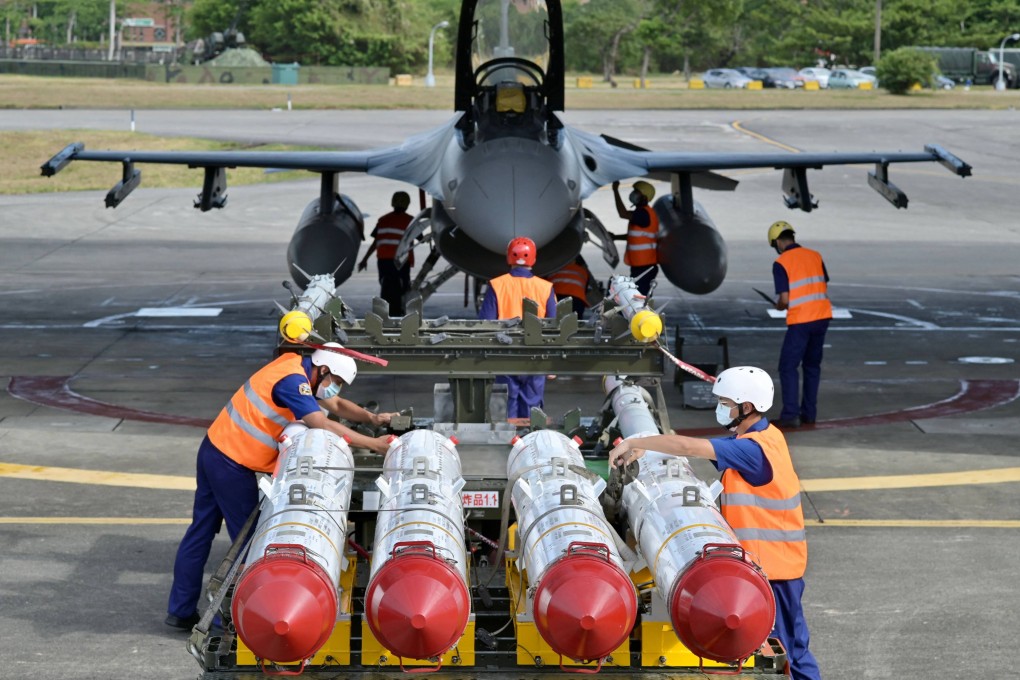Washington sends arms sales official to US-Taiwan military event
- Speech by Laura Cressey is first by a State Department representative at annual conference since 2011
- Her attendance coincides with a push by US senators for US$6.5 billion in military aid for the island

Laura Cressey, director of the office of regional security and arms transfers under the State Department’s Bureau of Political-Military Affairs, is expected to make a keynote speech at the two-day conference’s closing session in Richmond, Virginia on Tuesday.
Cressey’s attendance will make her the first State Department official to address the event since 2011, and the first from the bureau in charge of arms sales, including to Taiwan, according to Rupert Hammond-Chambers, president of the US-Taiwan Business Council, which organises the conference.
The event coincides with a push by a group of US senators to include US$6.5 billion in military aid to Taipei in the bipartisan National Defence Authorisation Act for fiscal 2023 to tackle challenges from the People’s Liberation Army.
“I think it’s a demonstration of how important [the Biden government] feels this issue is that they are here, and not just here in presence to listen, but also to come and talk about what they feel is important and to hear back from us about how we can help support what they want to do,” Hammond-Chambers said on Monday before the conference opened.
He pointed out that in the past 11 years, officials from the State Department’s Asia-Pacific affairs bureau had attended without making any speeches.